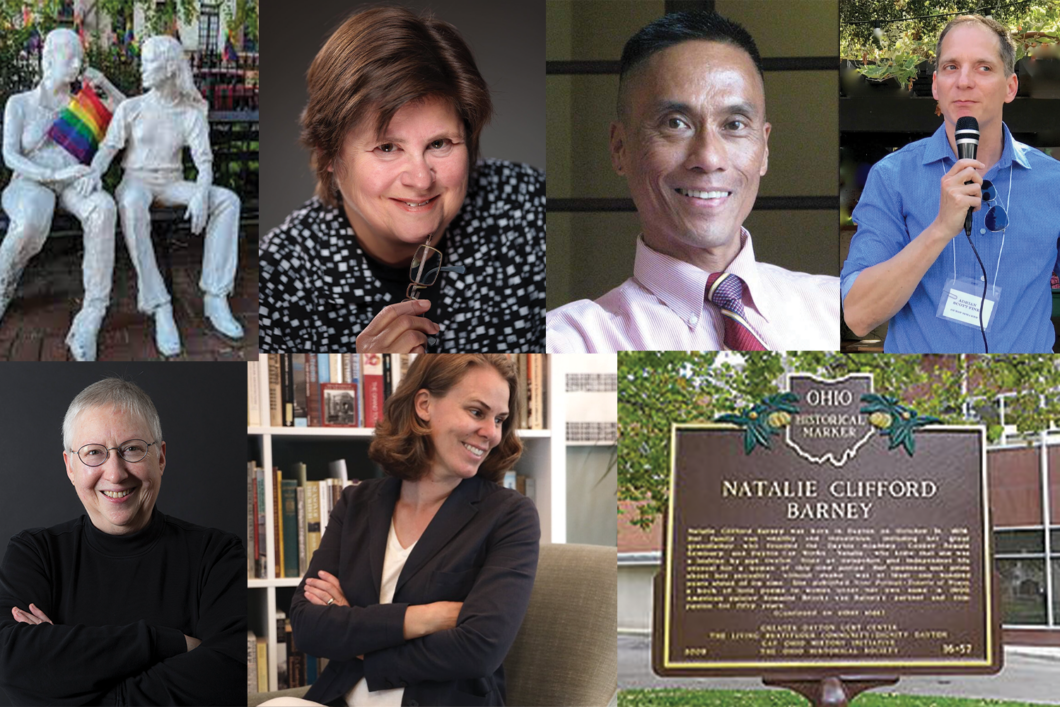Historians say that old buildings are like memories you can touch. There is an essential link between the actual places and sites of LGBTQ+ events and the growth of a thriving, strong queer community that understands the richness of our complex history.
This panel of queer heritage conservationists, public historians, museum professionals, and community activists including Justin Estoque, Rafael Fontes, Dr. Gayle Rubin, and Shayne Watson will explore the role and importance of queer-related public site preservation. These experts will also look at the challenges they face — from gentrification, the elements, rapidly changing social norms, and bureaucratic red tape — and the opportunities presented by technology to augment these one-of-a-kind LGBTQ+ history sites. This panel is organized by and will be moderated by Barbara Tannenbaum.
This event also includes special video presentations by: Eric Marcus, best-selling author, journalist, and executive producer of the “Making Gay History” podcast; Ken Lustbader, co-founder and co-director of the NYC LGBT Historic Sites Project; and Dr. Tim Seelig, conductor laureate of the San Francisco Gay Men’s Chorus, who contributed to the installation of the Artists Portal and Emperor Chime in San Francisco’s National AIDS Memorial Grove in Golden Gate Park, commemorating the performing artists we lost during the AIDS crisis.
Participant Bios
Barbara Tannenbaum (Moderator) is an author and journalist based in San Rafael, California, and former vice president of the Rainbow Honor Walk, San Francisco’s public art and education project honoring LGBTQ pioneers. Her arts and cultural reporting has been published in the New York Times, Los Angeles Times, San Francisco magazine, International CS Monitor, the Daily Beast, Craftsmanship Quarterly, and Science Today, the news channel of the California Academy of Science museum. Her fiction and essays have appeared in Shooter Literary magazine, Rosebud, Chicago Quarterly, and Catamaran Literary Reader. Her most recent essay was published in the KAH Bundeskunsthalle Museum catalog to support the “Josephine Baker: Freedom, Equality, Humanity” exhibit. Her debut fiction piece for Catamaran was nominated for a 2016 Pushcart Prize.
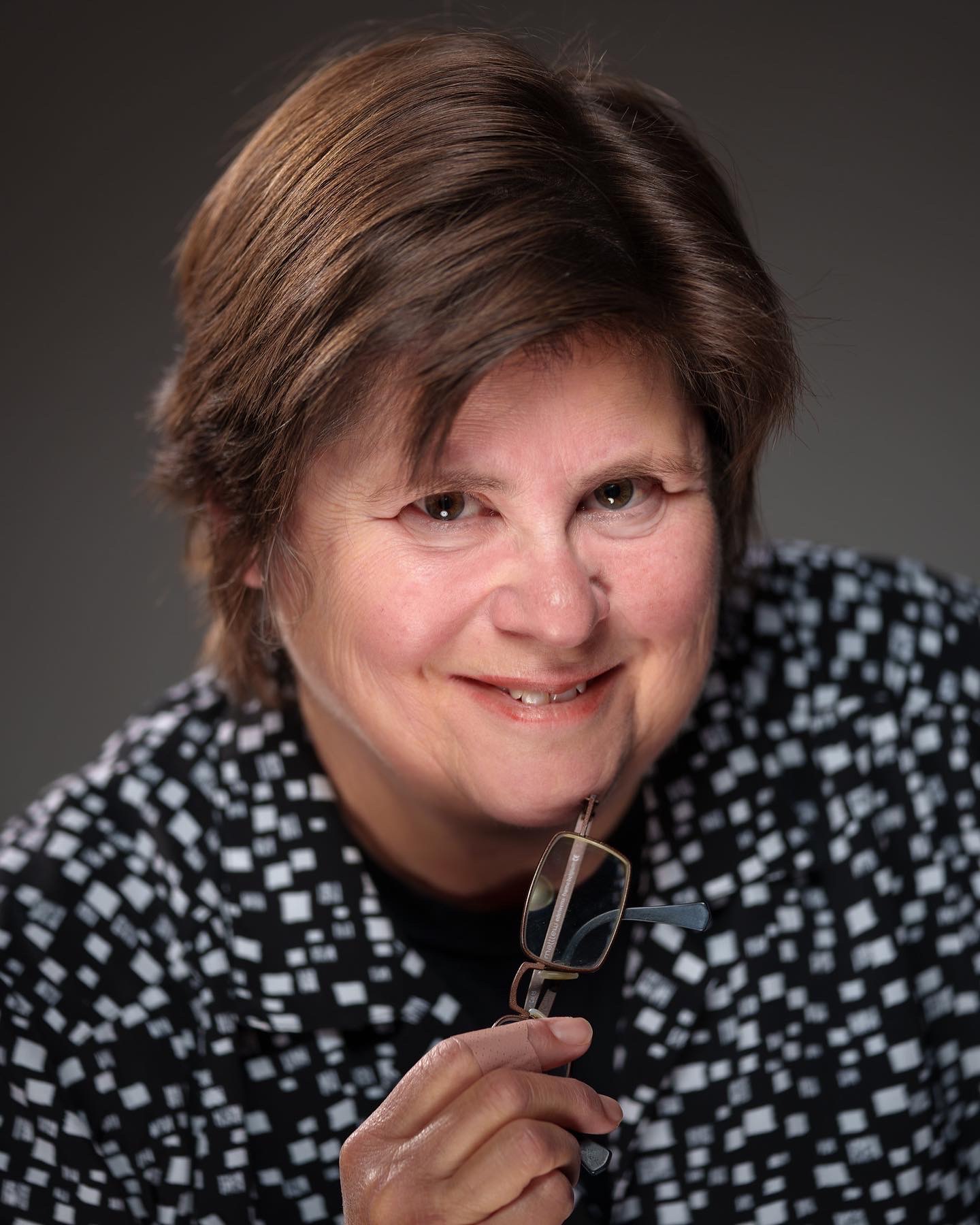
Justin Estoque is the Los Angeles-based, former executive vice president at the Autry Museum of the American West in Los Angeles and former assistant director of operations for the Smithsonian’s National Museum of the American Indian in Washington, DC (retired). In 2015, he served on the Board of Directors for the incipient National LGBT Museum in New York City (later folded into the American LGBTQ+ Museum). Estoque co-chaired the National Advisory Council of the Stonewall National Museum and Archives and served as one of the LGBTQ history consultants for Quiet No More, a choral commission commemorating the 50th anniversary of the Stonewall Uprisings.
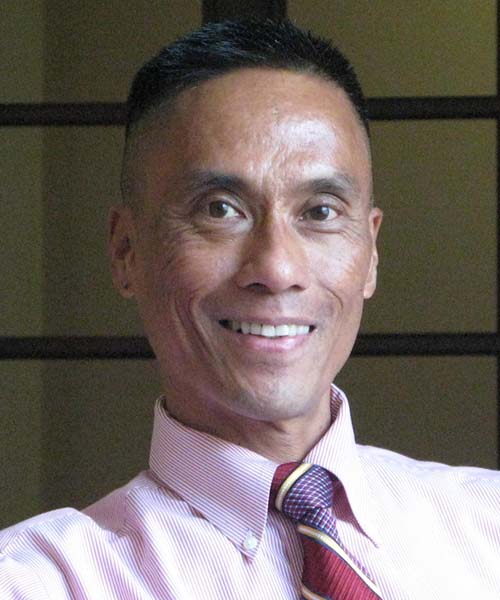
Rafael Fontes (he/him) is a preservation planner with the Los Angeles City Planning Department and recently rotated into the city’s Office of Historic Resources. He is a USC graduate with a Master of Heritage Conservation from the USC School of Architecture and a Master of Planning from the Price School of Public Policy. A former Scholar In Residence at the Gamble House, Rafael’s graduate thesis, Gaining a Foothold: Conserving Los Angeles’ Queer Eden(dale), examined the first efforts to landmark LGBTQ historic sites in the city of Los Angeles. In 2020, Rafael was awarded a research fellowship from FORT, assembling a self-guided tour featuring residences designed by Franklin D. Israel, an architect who died of AIDS-related illness.
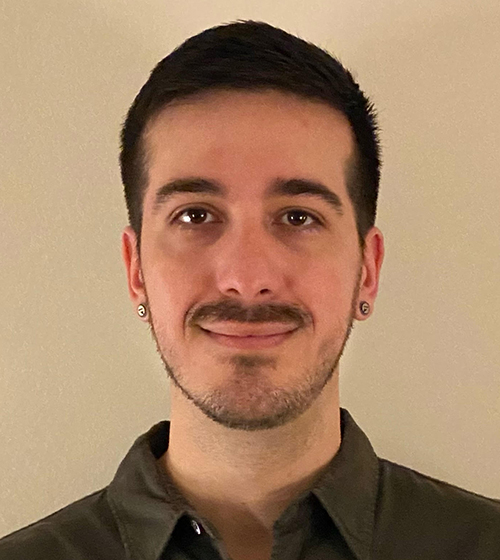
Dr. Gayle Rubin is a widely published scholar of gender and sexuality studies, and of leather history and social life. She has been deeply involved in projects to both preserve queer and leather spaces and to memorialize past ones. One project was a durable public monument on leather history installed in 2017 on San Francisco’s Ringold Alley. As a former member of the Board of the Leather and LGBTQ Cultural District in San Francisco, and as its official historian, she has been engaged in an ongoing effort to install historical markers and sidewalk plaques in the South of Market neighborhood to commemorate important Leather and LGBTQ sites. Her collected essays were published in Deviations: A Gayle Rubin Reader (Duke University Press). She is Associate Professor of Anthropology and Women’s and Gender Studies at the University of Michigan.
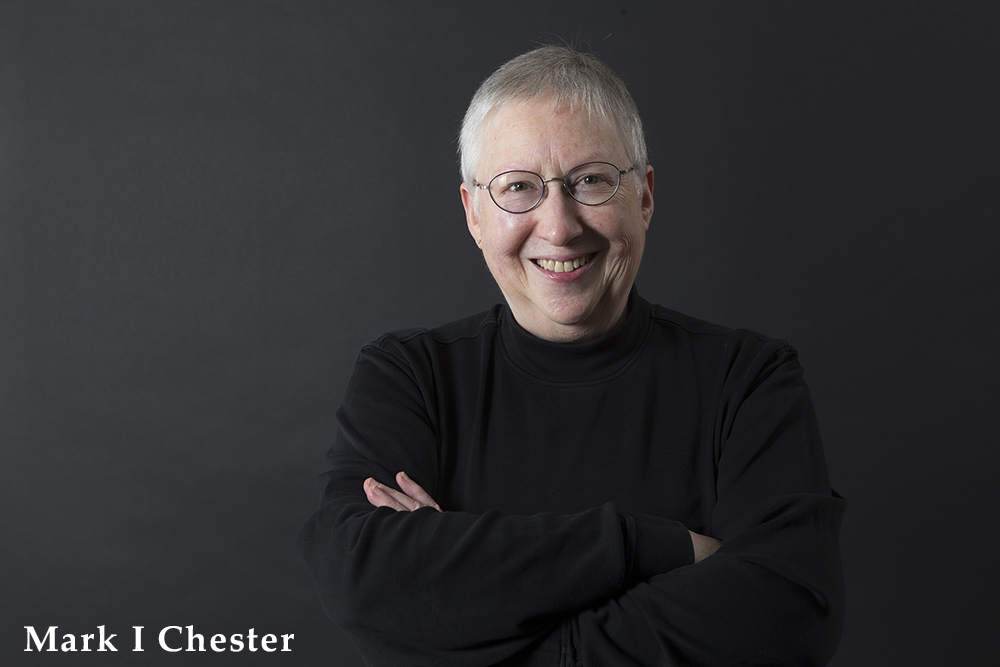
Shayne Watson (she/her) is an architectural historian based in the San Francisco Bay Area and a nationally recognized advocate for LGBTQ heritage in historic preservation. After founding Watson Heritage Consulting in 2014, Watson co-authored the award-winning Citywide Historic Context Statement for LGBTQ History in San Francisco and the San Francisco chapter of the National Park Service’s LGBTQ America: A Theme Study of LGBTQ History. She also volunteered for the City of San Francisco as co-chair of the Arts & Culture Committee for the Citywide LGBTQ Cultural Heritage Strategy. Since 2016, Watson has volunteered for San Francisco’s GLBT Historical Society as the founding chair of the Historic Places Working Group. In 2020, Watson founded “Friends of Lyon-Martin House” to spearhead efforts to landmark and revitalize the home of trailblazing lesbian activists Phyllis Lyon and Del Martin. Her LGBTQ heritage work has been published in Preservation and Place: Historic Preservation by and of LGBTQ Communities in the United States (New York Berghahn Books) and GLQ: A Journal of Lesbian and Gay Studies (Duke University Press).
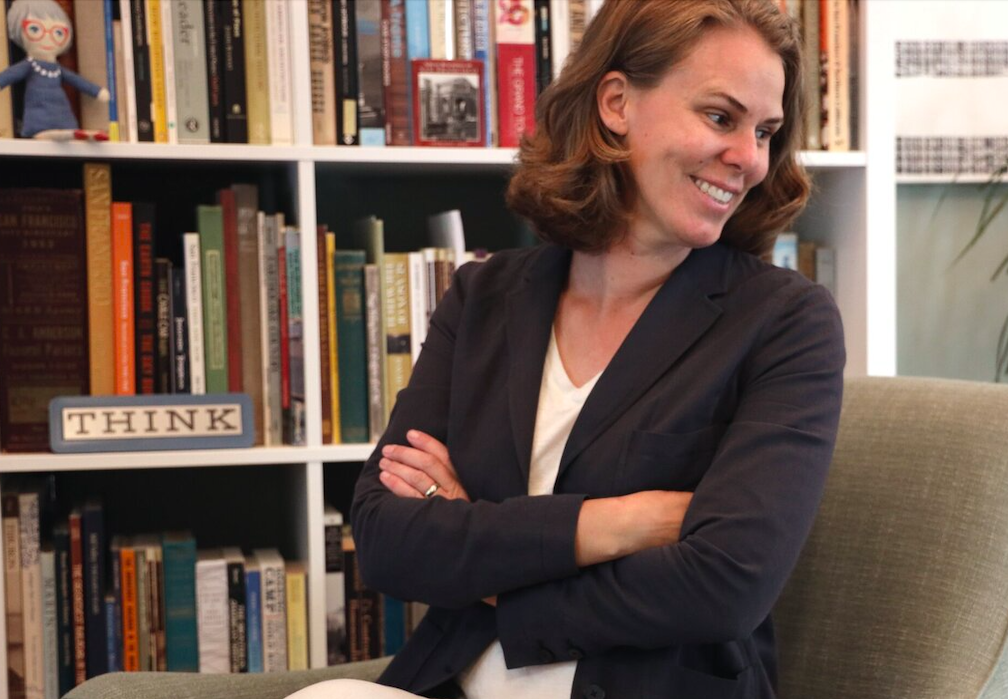
This program is organized by Barbara Tannenbaum as part of the 2023 Circa: Queer Histories Festival, presented by One Institute. The program is co-presented with the Los Angeles LGBT Center.
-

The Los Angeles LGBT Center is a safe and welcoming place where the LGBTQ+ community finds help, hope, and support when it is needed the most.
